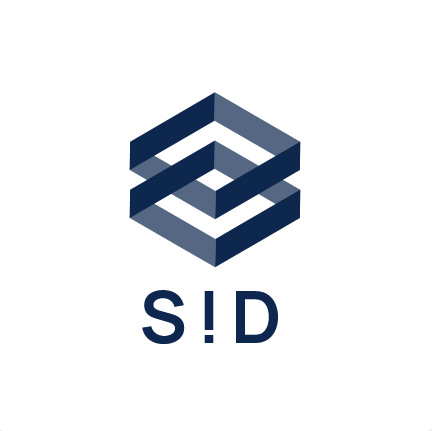The Struggle of Travel Planning
Picture this: you’re planning a family trip to Europe. Between flight searches, hotel filters, budget spreadsheets, and kid-friendly activity lists, it feels like you’re juggling a dozen tabs—and still missing something.
What if AI could handle all of this for you? That’s the promise of Agentic AI—a new generation of AI that doesn’t just react to your prompts but proactively achieves your goals.
Clearing Up the Confusion: AI Agents vs Agentic AI
The terms “AI agents” and “Agentic AI” are often used interchangeably, but they’re very different.
- AI Agents: Specialized tools designed to handle specific tasks within defined boundaries.
- Agentic AI: A holistic, autonomous system that can plan, reason, act, and adapt across multiple domains to achieve broader objectives.
Example 1: Traditional AI Agent
You ask a hotel booking AI agent:
- “Find family hotels in Rome for July 15–22.”
It filters thousands of options, then refines based on your budget. Perfect for that one task.
But ask it to also book flights, plan sightseeing, and adjust for a rainy day? That’s beyond its scope.
Example 2: Agentic AI in Action
Instead, with Agentic AI you could simply say:
“Plan a family vacation to Europe in July with an $8,000 budget. Kids are 8 and 12.”
From there, multiple specialized agents work together under orchestration:
- A Planning Agent builds an itinerary across Rome, Florence, and Barcelona.
- A Budget Agent reallocates funds for best value.
- A Flight Agent books comfortable, family-friendly connections.
- An Experience Agent curates kid-friendly activities and dining.
- A Monitoring Agent tracks delays, weather, and better deals in real time.
The magic? You didn’t micromanage. The AI worked end-to-end.
Five Key Differences That Matter
- Autonomy
- AI Agent: Reactive, waits for instructions
- Agentic AI: Proactive, anticipates needs
- Decision-Making
- AI Agent: Follows rules
- Agentic AI: Reasons, balances trade-offs
- Learning
- AI Agent: Improves at one task
- Agentic AI: Adapts across contexts
- Scope
- AI Agent: Narrow focus
- Agentic AI: Orchestrates multiple domains
- Planning
- AI Agent: Handles immediate tasks
- Agentic AI: Strategically plans for long-term goals
The Multi-Agent Orchestration Behind Agentic AI
Think of Agentic AI as a symphony. Each specialized AI agent (hotel, flight, budget, personalization) is like a musician, while Agentic AI is the conductor creating harmony.
Why This Matters
With Agentic AI, you move from managing tasks to setting goals. Instead of juggling browser tabs and apps, you simply articulate your outcome—“a memorable vacation within budget”—and let AI do the heavy lifting.
Reality Check: Where We Are Today
True Agentic AI is still emerging. Many travel platforms use “AI agent” marketing, but companies like Mindtrip and Layla.ai are building real multi-agent systems that hint at the future.
By 2025 and beyond, expect more systems capable of genuine autonomous orchestration across complex tasks.
The Takeaway
The future of AI lies in moving from specialized assistants to autonomous orchestrators. For your next vacation—or any multi-step project—the question is simple:
Do you want an AI agent to handle tasks, or an Agentic AI system to achieve your broader goals?
The future belongs to the latter. And it’s arriving faster than you think.
